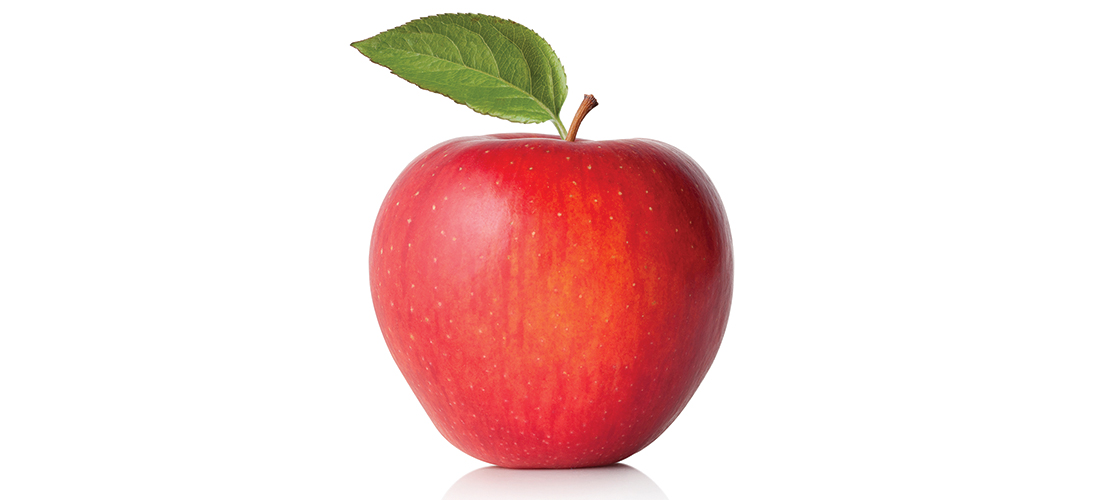
New Year, New You
Maintain a healthy microbiome
By Karen Frye
Your body is home to more than 100 trillion micro-organisms. They live on your skin and in every nook and cranny. It is like a community made up of bacteria, viruses, parasites and fungi. This is your microbiome. It’s unique to you — a gumbo based on your genes, where you live, what you eat, your age, the amount of stress you have, even what you touch.
A healthy biome is critical to good overall health. The largest number of micro-organisms are found in your intestinal tract and directly impact digestive health and how your body absorbs nutrients. The bacteria that make up your microbiome also regulate your immune system — about 80 percent of your immune system is located in the gut. Keeping the microbiome healthy and functioning well not only helps to prevent everyday ailments like colds and flu, it prevents more serious issues, too: oral health, bone health, heart health, vulnerability to allergies, even mental health issues like anxiety and depression. Balance of the flora in the intestines is essential for long-term good health from head to toe.
When the microbiome becomes unbalanced (dysbiosis), it can cause intestinal inflammation, leading to leaky gut (an unhealthy intestinal lining). There are a few key players that contribute to this condition. The first, of course, is genetics. Next is what we eat. Processed foods made with little attention to what’s good for the body are a major contributor to the state of health in the microbiome. Stress is also a contributing factor. It affects everything! And some medications, like antibiotics, can disrupt the terrain of the gut that leads to an imbalance of good and bad bacteria.
You can improve your gut health by taking a good probiotic supplement — a huge category in the health world these days. You can add more fermented foods to your daily diet and increase the fiber you consume daily. Chia seeds are a personal favorite. Try to eat as many organic foods as possible to lessen the body’s exposure to chemicals used in the growing process. Avoid fast food, eat more fresh fruits and vegetables. Add in more good fats like olive oil. Diets that are high in sugar and low in fiber are devastating to the microbiome. Artificial sweeteners can have a toxic effect on the friendly bacteria in the gut. Exercise is very beneficial to a healthy microbiome, increasing the diversity of beneficial species. Avoid environmental toxins. Lastly, sleep well and reduce stress.
A healthy microbiome is a major part of a happy, healthy life. PS
Karen Frye is the owner and founder of Nature’s Own and teaches yoga at the Bikram Yoga Studio.





